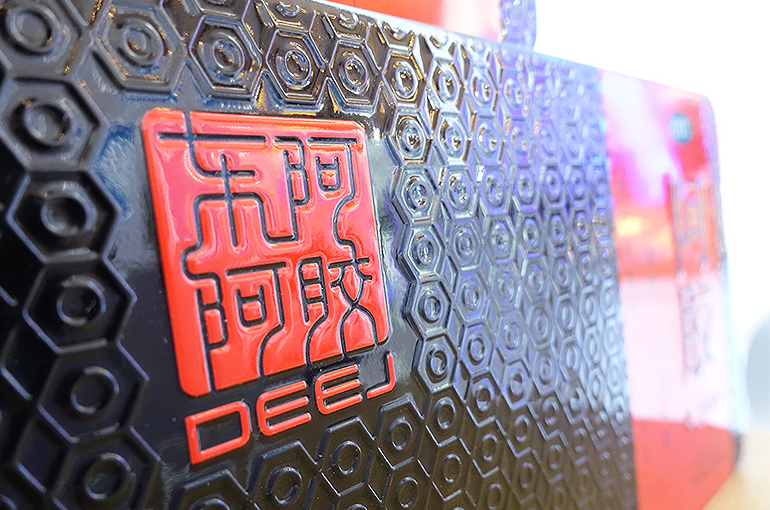 TCM Firm Dong-E-E-Jiao Won't Be Impacted by African Union's Donkey Skin Export Ban
TCM Firm Dong-E-E-Jiao Won't Be Impacted by African Union's Donkey Skin Export Ban(Yicai) March 1 -- Dong-E-E-Jiao, a large traditional Chinese medicine company using donkey-hide gelatin in its drugs, said it will not be impacted by the export ban on donkey skin recently implemented by the African Union.
The export ban is expected to have little influence on Dong-E-E-Jiao's business revenue, a staffer at the Shandong province-based company told Yicai yesterday.
During the 37th Ordinary Session of the Assembly of the Heads of State and Government of the AU held on Feb. 18, AU members decided to implement a 15-year ban on the trading of donkey skins. Two-thirds of the world's 53 million donkeys live in Africa.
China is the world's biggest importer of donkey hides, which are mainly used to produce traditional Chinese medicine E'jiao, one of Dong-E-E-Jiao's main products. The country imported over 1.3 million donkey hides last year, nearly 59 percent of which were from AU members, according to data from the General Administration of Customs.
China was once the world's biggest donkey-breeding country. But as its agriculture sector modernized, the value of donkeys in labor weakened, causing a sharp decline in the number of donkeys in the country. In 2008, Africa surpassed Asia to become the world's top donkey breeder.
Donkeys are an important means of production and transportation for many African nations as they cannot afford modern agricultural tools, Zhu Ming, a member of the Institute of Global Governance Studies under the Shanghai Institutes for International Studies, told Yicai. The rising demand for donkey hides caused fluctuations in the price of donkeys, affecting the livelihood of many local farmers, Zhu noted.
Chinese firms should work with donkey-breeding nations to set up farms where donkeys can be raised, sharing the expenses and profits, Zhu said, adding that they should also process donkey skin and meat in ways acceptable to local people to solve problems.
Chinese merchants are actively searching for high-quality sources of donkey hides. For example, Pakistan is increasing the number of breeding donkeys, as they have become an important source of exports to China. The country's Punjab and Khyber Pakhtunkhwa provinces have built donkey farms specialized in breeding donkeys for China.
Editor: Futura Costaglione